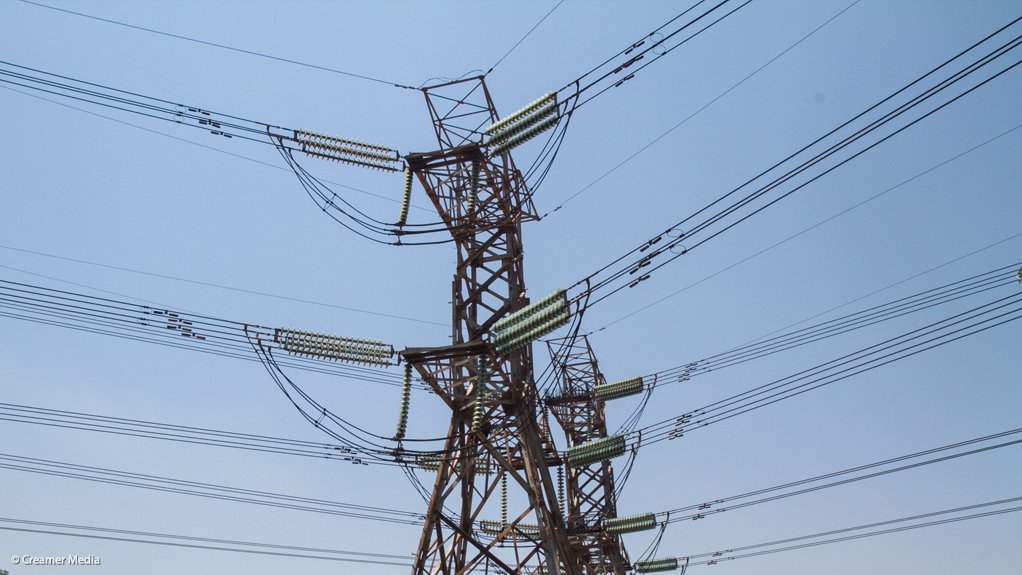In another surprise move, Eskom has taken the seemingly regressive step of approaching the High Court for a review of the National Energy Regulator of South Africa’s (Nersa’s) decision to grant four trading licences in what it describes as its area of supply.
In a statement released a day after the Energy Regulator, Nersa’s top decision-making structure, approved trading licences in favour of CBI Electric Apollo, Discovery Green, Green Electron Market and GreenCo Power Services, Eskom reiterated objections first raised during public hearings on July 18.
Eskom’s decision to oppose the licences shocked the market at the time, as the utility had failed to object to the issuance, starting in 2014, of previous trading licences to PowerX, EnPower Trading, Neura Trading, Energy Exchange of Southern Africa and Envusa Trading. In addition, Eskom Holdings’ own National Transmission Company South Africa also successfully applied for a trading licence from the regulator as part of its legal separation process.
In its statement, Eskom reiterated its objection to allowing more than one licensee to provide electricity in the same area and argued that the approval had been made in the absence of fully developed trading rules.
The State-owned entity argued that the decision, thus, breached Nersa’s own rules and infringed on the licences issued to Eskom by the regulator.
“Eskom, like all other participants in the electricity industry, operates based on established rules and subscribes to a rule-based transition.
“However, this adherence to the rules has been misinterpreted as anti-competitive behaviour, which Eskom firmly denies,” Eskom said, while arguing that it remained committed to accelerating the reform of the rules to enable a competitive energy market.
During the meeting at which the Energy Regulator approved the trading licences, Nersa fulltime regulator member for electricity Nhlanhla Gumede raised the fact that Eskom had objected to the issuance of the licences and offered various explanations as to why Nersa did not agree with the utility.
Gumede stressed that a distinction had to be made between a distributor, the number of which needed to be restricted to ensure the efficient and safe operation of the physical distribution network, and traders, which facilitated the buying and selling of electricity over those networks but did not operate them.
He indicated that there was no legislative or regulatory restriction on the number of traders and noted that the Electricity Regulation Act encouraged competition; a principle that had been reinforced and amplified in the Electricity Regulation Amendment Act to which President Cyril Ramaphosa had recently assented.
Nevertheless, Gumede did highlight the urgent need for Nersa to finalise a framework and rules for electricity traders as well as for wheeling given the prospects of many more trading applications in the coming years.
Eskom picked up on this point, noting that Energy Regulator members had acknowledged that the “ trading licences were approved without the necessary trading rules for the industry being developed”.



